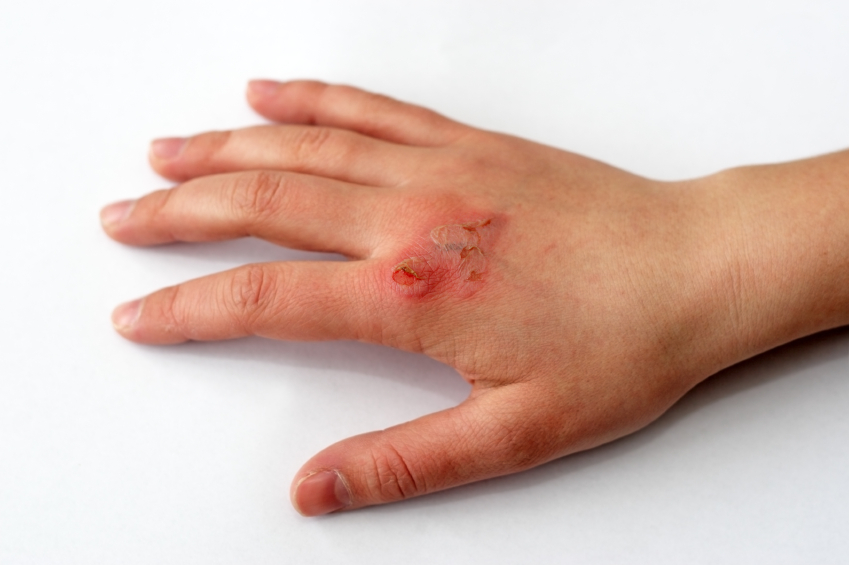A burn injury should never be underestimated or brushed aside – it’s an injury that can lead to severe and possibly permanent physical and psychological damage and trauma. Burn injuries are often caused by sources of heat (open flames, hot objects, and so on), but sources of heat certainly are not the only causes of the problem. Burns can also be caused by extreme coldness, chemicals, friction, radiation, and electrical currents. Regardless of the cause, they are all serious injuries that require urgent medical attention and that are – more often than not – completely preventable. If you have sustained a burn injury through no fault of your own, you may be entitled to compensation. Here’s your best guide to claiming compensation for a burn injury.

Most common causes
Whilst there are many different causes of burn injuries, here are some of the most common ones:
- Handling hot surfaces or liquids without proper precaution and protection
- Improper handling of corrosive materials
- Inappropriate equipment that leads to heat surfaces or friction burns
- Electrical shocks and electrical burning due to exposed electrical wiring or improperly insulated equipment
Classification of burns
Burns are classified in three ways. They are:
- First degree: superficial burns that affect only the first layer of the skin
- Second degree: the second and third layers of the skin are damaged and there is blister formation
- Third degree: most severe burns that damage the tissue under the skin
When you should claim
If you have suffered a burn injury through no fault of your own – through another person’s negligence or willful action – then you have the right to make burn claims.
What you can claim
How much you can claim, or how big your claim can be, depends on several factors, including the severity of the injury and the circumstances under which they occurred. Often your personal expenses in treating the injury, loss of income due to injury, as well as psychological distress are taken into account.
It’s important to take action immediately – there is a statute of limitations, and waiting too long may lead to complications or even dismissal of all charges if enough time has passed. But take action – you have the right to. In fact, it could be argued that you have the duty to, just to make sure that similar incidents don’t happen to other people in the future. If you are worried about taking legal action, don’t be; there are plenty of professionals who take this very seriously and who are ready to guide you through the legal perils of legislation and action in court. Most of them will even work on a No Win, No Fee basis. If you’ve been a victim, never hesitate. You don’t deserve it, and neither do others.






Recent Comments